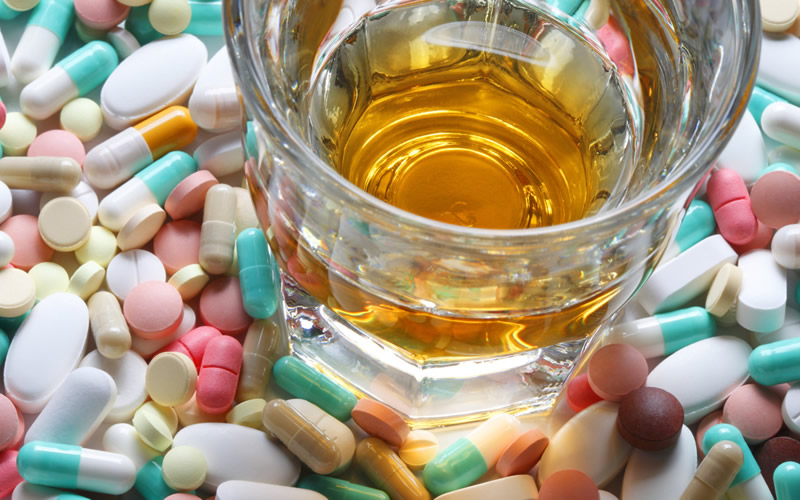- Need Help? Then Contact Us.
- +23320 253 2498
- +23320 222 5005
- info@equity-pharmacy.com
Antibiotics: Misuse Puts You & Others at Risk

Mixing Alcohol With Medication Can Have Deadly Consequences
October 20, 2016
Antibiotics can be lifesavers, but misuse has increased the number of drug-resistant germs. See how this affects you and what you can do to help prevent antibiotic resistance.
Antibiotics are important drugs. It would be difficult to overstate the benefit penicillin and other antibiotics have played in treating bacterial infections, preventing the spread of disease and minimizing serious complications of disease.
But there is also a problem with antibiotic medications. Drugs that used to be standard treatments for bacterial infections are now less effective or don't work at all. When an antibiotic drug no longer has an effect on a certain strain of bacteria, those bacteria are said to be antibiotic resistant.
The overuse and misuse of antibiotics are key factors contributing to antibiotic resistance. The general public, doctors and hospitals all play a role in ensuring proper use of the drugs and minimizing the development of antibiotic resistance.
What causes antibiotic resistance?
A bacterium is resistant to a drug when it has changed in some way that either protects it from the action of the drug or neutralizes the drug. Any bacterium that survives an antibiotic treatment can then multiply and pass on its resistant properties. Also, some bacteria can transfer their drug-resistant properties to other bacteria — as if passing along a cheat sheet to help each other survive.
The fact that bacteria develop resistance to a drug is normal and expected. However, the way that drugs are used affects how quickly and to what extent drug resistance occurs.
Overuse of antibiotics
The overuse of antibiotics — especially taking antibiotics even when they're not the appropriate treatment — promotes antibiotic resistance. Antibiotics treat bacterial infections but not viral infections. For example, an antibiotic is an appropriate treatment for strep throat, which is caused by the bacterium Streptococcus pyogenes. It's not, however, the right treatment for most sore throats, which are caused by viruses.
If you take an antibiotic when you actually have a viral infection, the antibiotic is still attacking bacteria in your body — bacteria that are either beneficial or at least not causing disease. This misdirected treatment can then promote antibiotic-resistant properties in harmless bacteria that can be shared with other bacteria.
Common viral infections that do not benefit from antibiotic treatment include:
- Cold
- Flu (influenza)
- Bronchitis
- Most coughs
- Most sore throats
- Some ear infections
- Some sinus infections
- Stomach flu (viral gastroenteritis)
There are likely several factors contributing to overuse. When penicillin and other antibiotics were first introduced, they were perceived as wonder drugs because they worked quickly and with relatively few side effects. They seemed like an answer to all common illnesses.
In spite of a growing awareness of antibiotic resistance in recent years, overuse still occurs for a number of reasons:
- Doctors may prescribe antibiotics before receiving test results that identify the actual cause of infection.
- People who want quick relief from symptoms, regardless of the cause of illness, may pressure doctors for antibiotic prescriptions.
- People may take antibiotics purchased abroad or via the Internet for self-diagnosed illnesses.
- People may take antibiotics that are leftovers from a previous prescription.
Source: http://www.mayoclinic.org/healthy-lifestyle/consumer-health/in-depth/antibiotics/art-20045720

